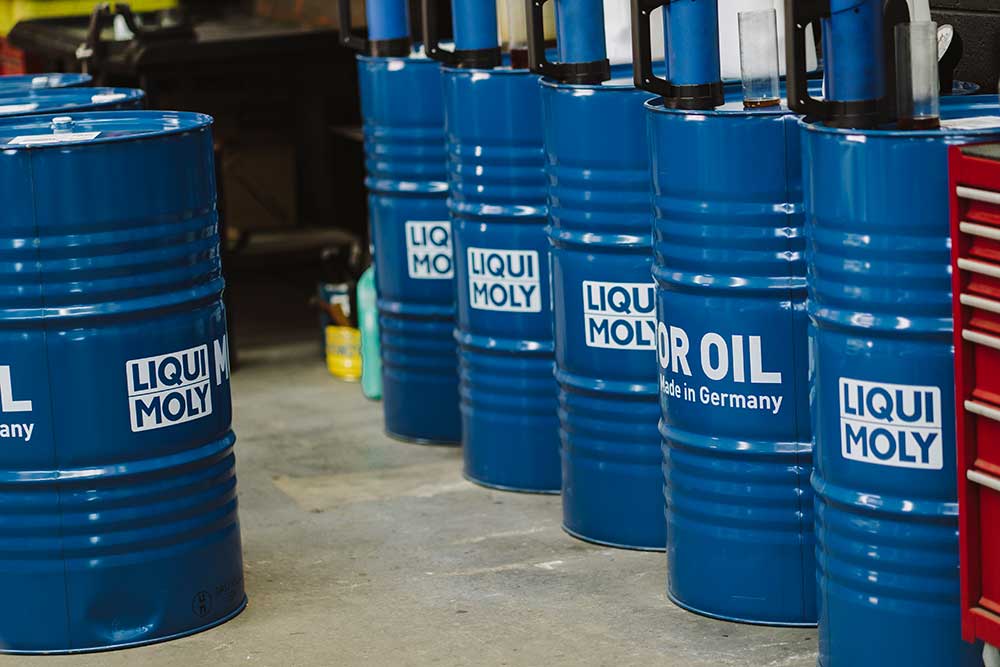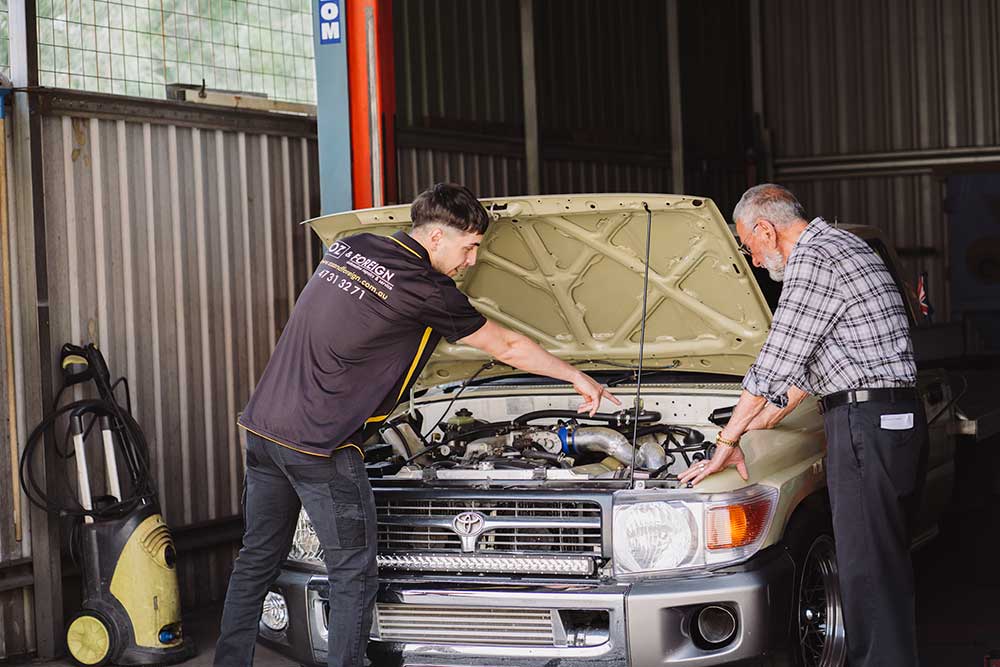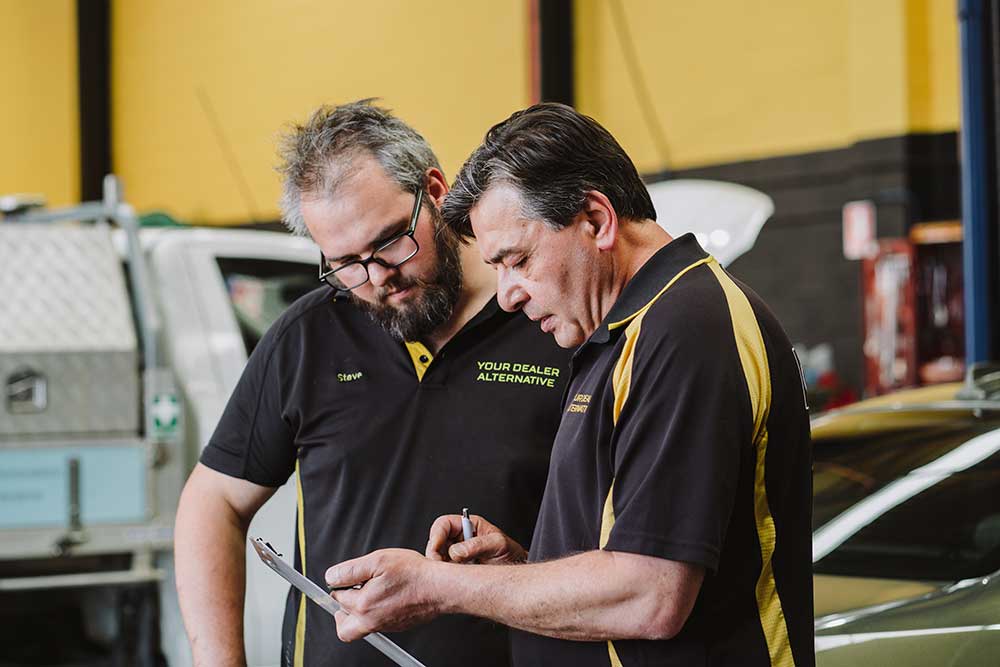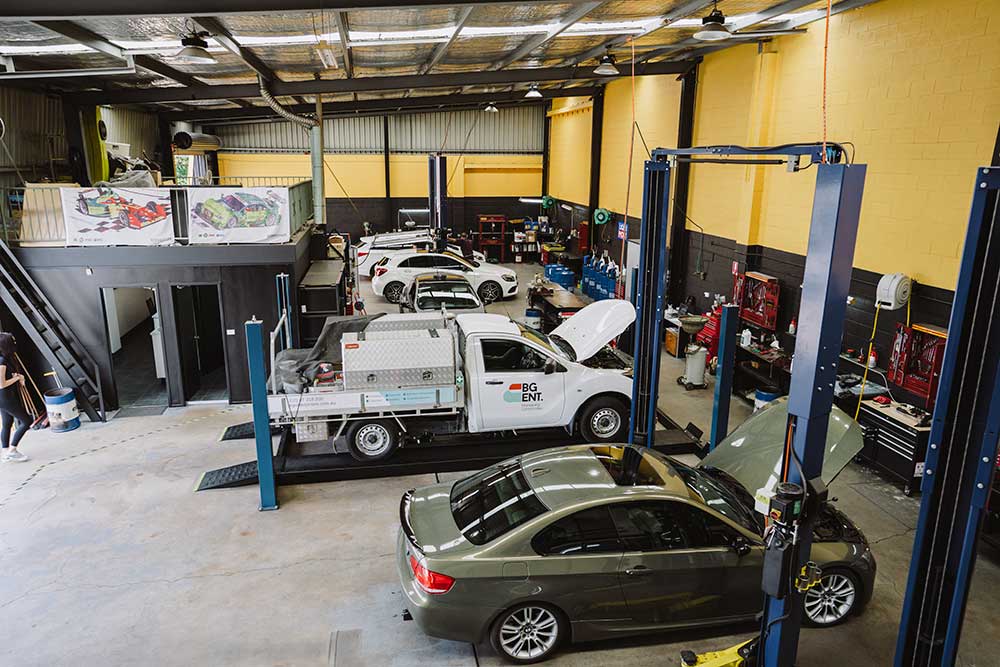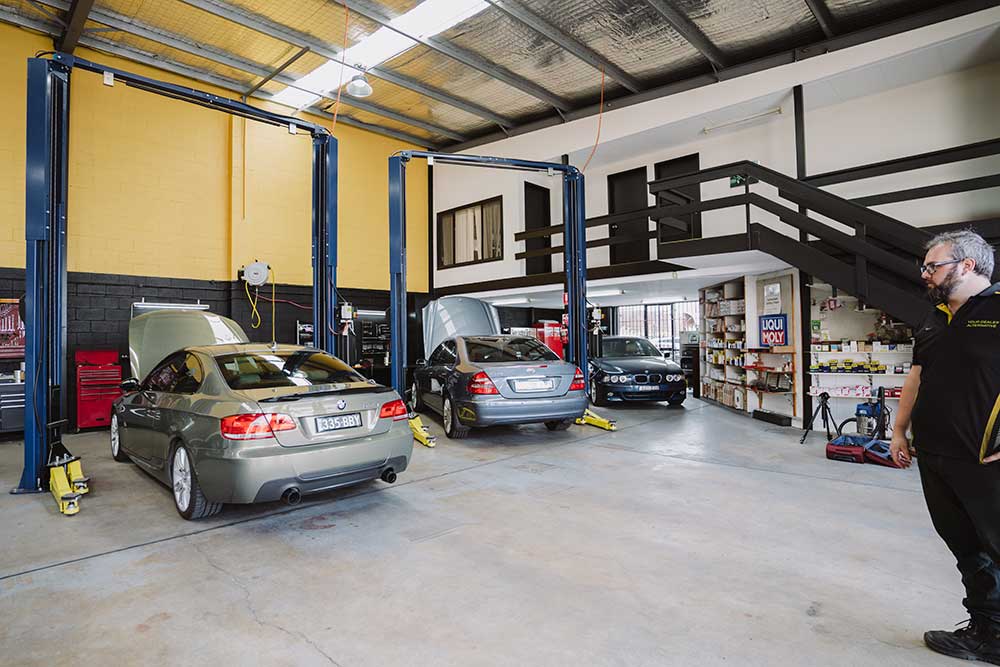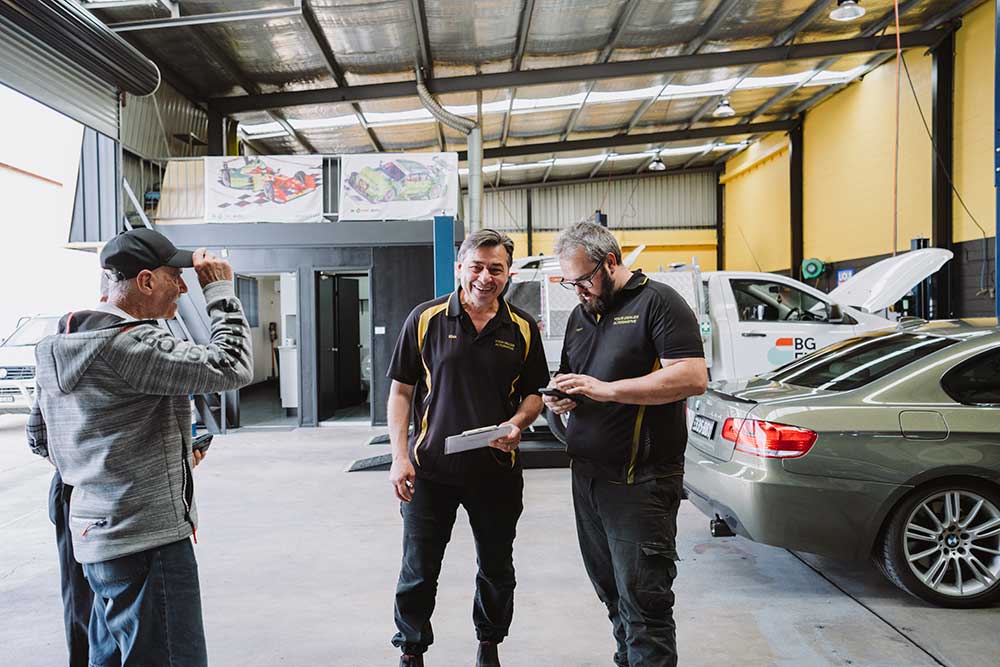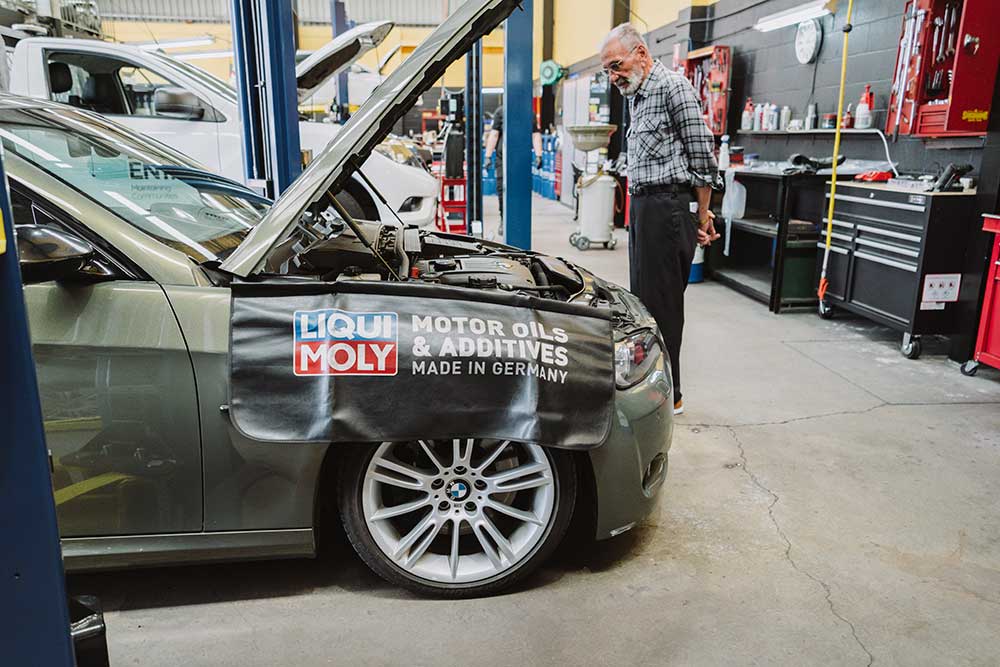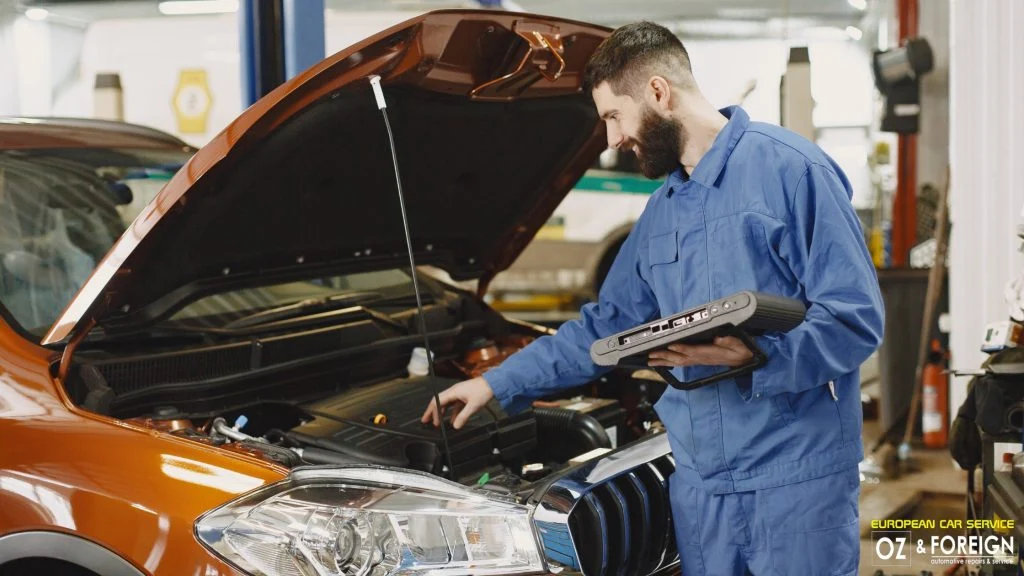
Introduction
Penrith brake and clutch safety must be addressed regarding heavy-duty vehicles like trucks and buses. These vehicles are responsible for transporting goods and passengers across long distances, and their efficient and reliable operation is crucial for ensuring the safety of everyone on the road. In this article, we will explore the significance of brake and clutch safety for heavy-duty vehicles and explore various aspects of their maintenance, performance, and potential risks. So buckle up, and let’s dive in!
The Basics of Penrith Brake and Clutch Systems
We must first understand how these systems work to comprehend the importance of Penrith brake and clutch safety.
Braking System
The braking system in heavy-duty vehicles comprises several components that work together to slow down or stop the car when needed. These components include:
Brake pads: Are the friction materials that press against the rotors or drums to generate the necessary friction to stop the vehicle.
Brake callipers: These components hold the brake pads and exert pressure when the brake pedal is depressed, allowing the pads to clamp down on the rotors or drums.
Brake rotors and drums: Rotors are disc-shaped components connected to the wheels, while drums are cylindrical parts inside the wheel hub. These components provide the surface against which the brake pads generate friction, resulting in deceleration.
Brake fluid: This hydraulic fluid transfers the brake pedal’s force to the brake callipers, which causes the vehicle to brake.
Clutch System
The clutch system, on the other hand, is responsible for engaging and disengaging the power transmission between the engine and the gearbox. It enables the driver to change gears smoothly. Key components of the clutch system include:
Clutch pedal: The pedal allows the driver to engage or disengage the clutch system.
Clutch disc: This component, located between the engine and the gearbox, transfers the engine’s power to the gearbox when engaged.
Pressure plate: The pressure plate holds the clutch disc against the flywheel, allowing power transmission when the clutch is engaged.
Now that we have a basic understanding of these systems let’s explore their importance in maintaining the safety of heavy-duty vehicles.
The Significance of Penrith Brake and Clutch Safety for Heavy-Duty Vehicles
Ensuring the proper functioning of the braking system is critical for heavy-duty vehicles due to their substantial size, weight, and loads. Here’s why brake safety is of utmost importance:
1. Efficient Stopping Power
Heavy-duty vehicles require a robust braking system to provide sufficient stopping power. The ability to stop quickly and reliably is crucial in emergencies or when navigating steep slopes. A well-maintained brake system ensures the driver can effectively control the vehicle, preventing accidents and reducing the risk of collisions.
2. Load Management
Heavy-duty vehicles often transport large and heavy loads, which can put significant strain on the braking system. Penrith brake and clutch ensures the car can handle these loads and stop safely, preventing excessive wear and tear on the components. Proper maintenance and regular inspections help identify potential issues before they escalate, ensuring optimal brake performance.
3. Passenger Safety
Many heavy-duty vehicles, such as buses, transport passengers. Brake safety directly impacts passenger safety, as any malfunction or failure in the braking system can lead to disastrous consequences. Well-maintained brakes provide peace of mind to both drivers and passengers, ensuring a safe and comfortable journey.
4. Compliance with Regulations
Government regulations and standards are in place to ensure the safety of heavy-duty vehicles and their occupants. Brake safety is critical to these regulations, and cars must meet specific requirements to be deemed roadworthy. Regular inspections and adherence to maintenance protocols help maintain compliance and ensure the vehicle’s safe operation.
The Importance Penrith Brake and Clutch Safety for Heavy-Duty Vehicles
While the clutch system may not be directly associated with safety like the braking system, it plays a significant role in the overall performance and control of heavy-duty vehicles. Let’s explore the importance of clutch safety:
1. Smooth Gear Shifting
A properly functioning clutch system allows for smooth gear shifting, enabling the driver to control the vehicle’s speed and power output efficiently. This is particularly important when maneuvering in challenging road conditions or when the car carries a heavy load. A faulty clutch can lead to jerky gear changes, making it difficult to maintain control and potentially causing accidents.
2. Reduced Wear on Transmission Components
A well-maintained clutch system reduces wear on the transmission components, such as gears and synchronizers. Smooth engagement and disengagement of the clutch prevent unnecessary stress on these parts, prolonging their lifespan and reducing the risk of sudden failures. Regular clutch inspections and maintenance can identify issues early, avoiding costly repairs.
3. Fuel Efficiency
The efficient operation of the clutch system contributes to fuel efficiency in heavy-duty vehicles. Smooth gear changes minimize energy losses and optimize power delivery to the wheels. By maintaining clutch safety, drivers and fleet owners can save on fuel costs and reduce their environmental impact.
4. Driver Comfort
Heavy-duty vehicle drivers spend long hours behind the wheel, and their comfort directly impacts their alertness and concentration. A properly functioning clutch system provides a smooth and responsive driving experience, reducing driver fatigue and enhancing overall comfort. This, in turn, contributes to safer and more enjoyable journeys.
Conclusion
The importance of brake and clutch safety for heavy-duty vehicles cannot be emphasized enough. These systems are fundamental to these vehicles’ safe and efficient operation, ensuring the well-being of drivers, passengers, and other road users. By understanding the basics, performing regular maintenance, and promptly addressing any issues, we can ensure that heavy-duty vehicles remain reliable, perform optimally, and contribute to safer roads.
Remember, regular inspections, adherence to maintenance schedules, and using quality components are critical regarding brake and clutch safety. Stay safe on the road and keep those heavy-duty vehicles in top-notch condition!
FAQs
Here are some frequently asked questions regarding brake and clutch safety for heavy-duty vehicles, along with their concise answers:
How frequently should brake fluid be changed?
Brake fluid should be replaced every two years or as the vehicle manufacturer recommends. It is crucial to use the correct type of brake fluid as specified in the vehicle’s manual.
What are the signs of worn-out brake pads?
Common signs include squealing or grinding noises, reduced braking performance, longer braking distances, and vibration or pulsation in the brake pedal.
How can I check if my clutch is worn-out?
Signs of a worn-out clutch include slipping or difficulty engaging gears, a burning smell, unusual noises when the clutch pedal is pressed, and vibrations or shuddering during gear changes.
Are there any specific maintenance tasks for the Penrith brake and clutch system?
While the clutch system does not require frequent maintenance, inspecting the clutch fluid level and checking for leaks periodically is essential. Adjustments or replacements may be necessary if signs of wear or damage are detected.
Can heavy-duty vehicles use aftermarket brake pads?
Using brake pads that meet or exceed the original equipment manufacturer’s (OEM) specifications is recommended. While aftermarket options are available, ensuring compatibility and quality is crucial for optimal brake performance.
How often should the brake system be inspected?
Regular inspections should be conducted as part of routine maintenance, typically every 12,000 to 15,000 miles or as the vehicle manufacturer recommends.
Learn more Penrith brake and clutch to Click Here.












